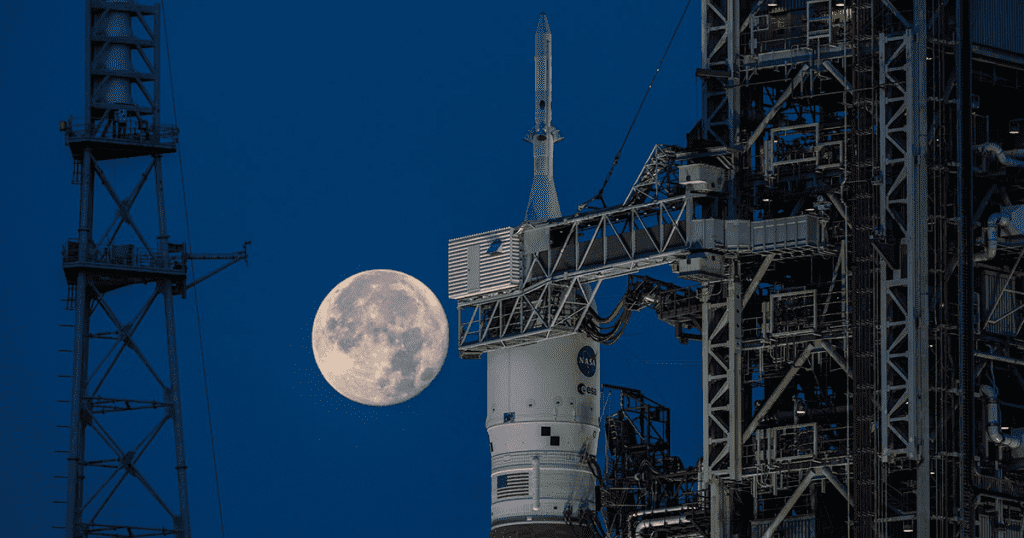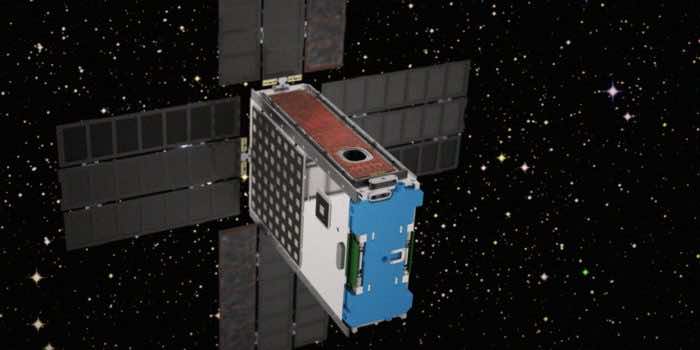NASA’s Artemis 1 Moon mission will be launched this month. It will have living samples that will be released into deep space.
The samples will be of just yeast. This will help determine the effect of space on Terran life forms.
“BioSentinel is the first of its kind,” Matthew Napoli, BioSentinel project manager at NASA’s Ames Research Center in California, said in a NASA statement.
Hundreds of yeast strains will be taken in a briefcase-sized satellite as part of the BioSentinel experiment. The Artemis 1 mission will launch on NASA’s uber-expensive and years-overdue Space Launch Systems (SLS), which will subsequently shoot the tiny BioSentinel CubeSat into an orbit around the Sun, similar to that of Earth, to study the effects of solar radiation on organisms that have left our planet’s magnetic field.

The BioSentinel experiment comprises studying yeast cells aboard the International Space Station and on Earth as well — since 2019, when NASA announced that its Moon mission would be carrying yeast cells out into the great beyond.
The yeast cells in the Artemis 1 mission will join fellow travelers like three test mannequins, a Snoopy dog toy, and an Amazon Alexa unit that for some unknown reason will be included on the SLS’ Orion capsule.

The fact that the BioSentinel yeast will have the longest known trip that anything alive has ever taken into space is quite important and could be massively significant for understanding how deep space affects living organisms before humanity starts taking longer and longer trips out into the stars ourselves.


